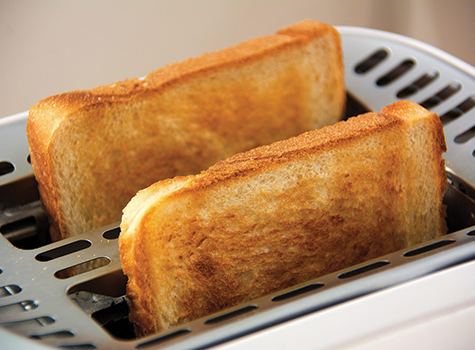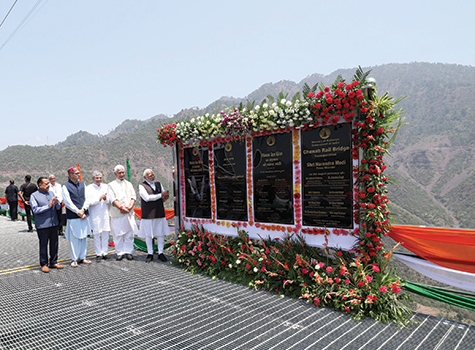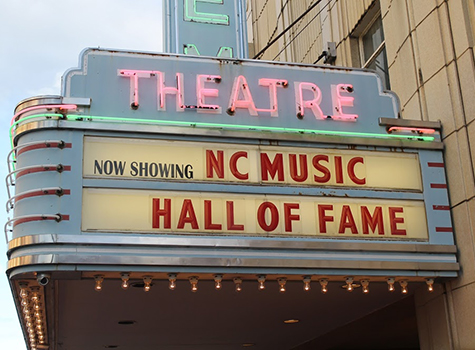By Ahsen Jillani

“He drank beer; sometimes he drank two beers.”
“When?” I asked, alarmed, making a paan at 1:30am on this autumn night in 2005.
“In Chicago,” My mom said. “I would never have married him if I knew he drank beer.”
In late 1974 we returned to Islamabad from my dad’s first stint in Bangkok and Saeed Ahmad Burhr had a Toyota van sent to us as my dad’s order of the white 1974 Toyota Corolla was en route. We previously knew Saeed Burhr as Saeed Gulab Khan. In the present moment in 2005, putting a paan full of tobacco in my mouth, I thought of Saeed in the very early-70s, maybe in 1971. He was present at parties as a very large but suave gentleman with large black plastic framed glasses. I thought then that, given his demeanor, his previous name Saeed Gulab Khan was very appropriate to his reputation with the ladies. Only Saeed Gulab Jaman would make the ladies swoon into his manly arms any faster.
Gulab, er, Burhr, was ahead of his time, having been twice divorced and sporting memberships to country clubs and tennis clubs, and always driving fancy cars like the blue Sunbeam Arrow, which was my mom’s first (and only) attempt behind the wheel with family friend Aziz Khan as instructor making a noble attempt to at least get her out of the neighborhood without running into a light pole.
There’s always a price to pay. What with the loaner cars and a brand-new name, and mysterious employment status, Saeed Burhr would arrive randomly about 2ish on weekdays and hang out. He did not own a pair of scissors. With his well-slicked curly hair, he would have bold conversations with us kids about life and careers as we stared in horror at copious amounts of hair popping out of his ears, nose, and at what looked like a grayish-black fur coat under his large neck. Since now named after an ancient massive tree, I often pictured him eating a rotten bison leg and smiling.
When dad arrived 4ish, he would be a little bummed but spent 30 minutes socializing with the man who had arrived 2 hours earlier to flirt with his wife—and win over his kids. Next to the 275 pound 6’3″ hairy giant, dad looked like a garden gnome…a frail baby-faced man with thin bones and a sort of sexy little belly. If Guchu (don’t ask me about my maternal uncle’s nickname—I don’t want to know) came, without Aunt Saliha, saying he was in the area on government business, dad took advantage and quickly left the group and went upstairs.
So on one of these afternoons, probably on a lovely fall day in 1975, the discussion turned to the quality of manufacturing, with Guchu quickly blasting Pakistan for being backward in everything. He had just returned from getting his architecture degree in the UK and this was phase two of his enchanted and enamored overseas desi attack on the motherland. I was lounging on the white lambskin rug in front of the radiogram, soaking in the vast knowledge being imparted.
Then mom mentioned “The Toaster,” and I paused as if space and time were now frozen through eternity. I was no stranger to The Toaster. On occasional travels into the kitchen pantry to fetch tools and do stupid things like setting the gasoline can on fire in the driveway with the help of Cousin Baqar, I would stare at that chrome toaster on the top concrete tier of the storeroom. With GE carved in relief on its side, and a spring wrapped around the exit wire for extra safety, it was a work of art. I would press it up and down in curiosity and each time it would be like the shutter of a camera traveling back 20 years to Chicago, Illinois.
It was 110V and could not be used in Pakistan. While collecting yellow eucalyptus caps in the driveway in the mid-70s to make roads for my Matchbox cars in the downstairs guestroom, I thought about Chicago sometimes. I wasn’t born then. I heard about dad’s record setting PhD, which was often touted at gatherings. He finished in 5 days, three months, or 15 months or something like that and the record still held when I finally left for college and finished my undergrad in just 5.27 years. But my father’s trip home from Chicago was always a curiosity. I imagined him leaving with one rolled up diploma, one copy of the thesis about resettlement patterns after partition, one Agfa camera and some slides, and a 110V toaster that would work nowhere in Asia.
So, yes, Guchu brought it out during that historic discussion in 1975 and plopped it down on the living room table in front of Saeed Ahmad Burhr and there was a silence; a shocking emasculation that rendered all of Pakistan, India, Bangladesh, China, and Bhutan impotent in front of the large chrome reflection of this General Electric mid-century modern rounded work of art that evidently made solidly golden toast that necessitated dad stuffing it into his suitcase on the final journey out the door of his high rise apartment in downtown Chicago.
I can imagine him rinsing his final beer bottle under the sink and leaving it at the trash bin at the rear entrance — a man, a beer, a toaster. A flawed man with an open heart, and hope for an electrical grid change.
Since dad always yielded, the only fight I remember between my parents was in 1976, and it spilled out into the TV lounge upstairs. Mom came at him with scissors (which is what Saeed Burhr always needed) clacking and cut two of his fingers open. Dad pointed at his heart with a tragic smile on his face. I don’t know where it started and where it went. Sister Sarah and I were screaming and crying while dad’s blood dripped on the floor. They were innocent people caught in a storm.
We never saw Saeed Burhr again. Soon we left for Bangkok for stint number 2. I never saw that toaster again. Maybe in a dream, it popped, and steaming golden toast emerged, and two lovers smiled at each other.
Ahsen Jillani lives in Mint Hill with his fat tomcat, Goofus. Contact: ajillani@carolina.rr.com



